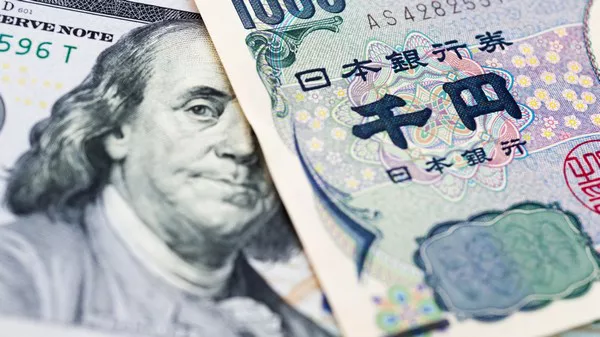Most Asian currencies fell on Monday, with the Japanese yen coming under pressure from an unscheduled bond buying operation by the Bank of Japan, while the Chinese yuan was hit by weak business activity data.
A recovery in the dollar pressured most regional currencies, as the greenback rose from steep losses on Friday. The dollar index and dollar index futures added about 0.2% each in Asian trade.
This weighed on most Asian currencies, with the South Korean won losing 0.1%, while the Taiwan dollar shed 0.3%.
Weak economic data from China also somewhat dented regional sentiment, although the country is reportedly set to unveil more stimulus measures later in the day.
Japanese yen falls as BOJ conducts unscheduled bond buying
The yen was among the worst performers for the day, falling 0.4% and reversing a bulk of Friday’s gains after the Bank of Japan (BOJ) reportedly bought about $2 billion worth of bonds in an unscheduled operation.
The move was intended to stem a spike in Japanese bond yields, which surged over the 0.5% level after the BOJ announced more flexibility in its yield curve control measures last week.
But while the yen had gained on the news, given that it heralds an eventual unwinding of the BOJ’s ultra-dovish stance, analysts remained largely bearish on the Japanese currency, with differences in yields set to still fuel carry trade with the yen.
The BOJ’s bond buying operations are also set to weigh on the currency, as the bank moves to defend the informal upper limit for 10-year yields, at 1%.
Chinese yuan slides after weak PMIs, stimulus in focus
The Chinese yuan fell 0.5%, falling past a stronger daily midpoint fix by the People’s Bank of China after data showed that the country’s manufacturing sector shrank for a fourth straight month in July.
Overall business activity also deteriorated, indicating that the world’s second-largest economy was still struggling with a post-COVID recovery.
The reading pushed up hopes for more stimulus measures in the country, with media reports suggesting that an announcement will be made later in the day. China’s State Council also unveiled some measures aimed at boosting local consumer spending and property development.
Australian dollar strengthens ahead of RBA
The Australian dollar was among the few currencies trading positive on Monday, rising 0.4%.
Focus was largely on a Reserve Bank of Australia meeting on Tuesday, with markets split over whether the bank will keep hiking rates. While inflation eased in recent months, it still remained well above the RBA’s 2-3% annual target.
The Australian jobs market has also remained strong, which could keep inflation sticky in the coming months and attract more policy tightening.


